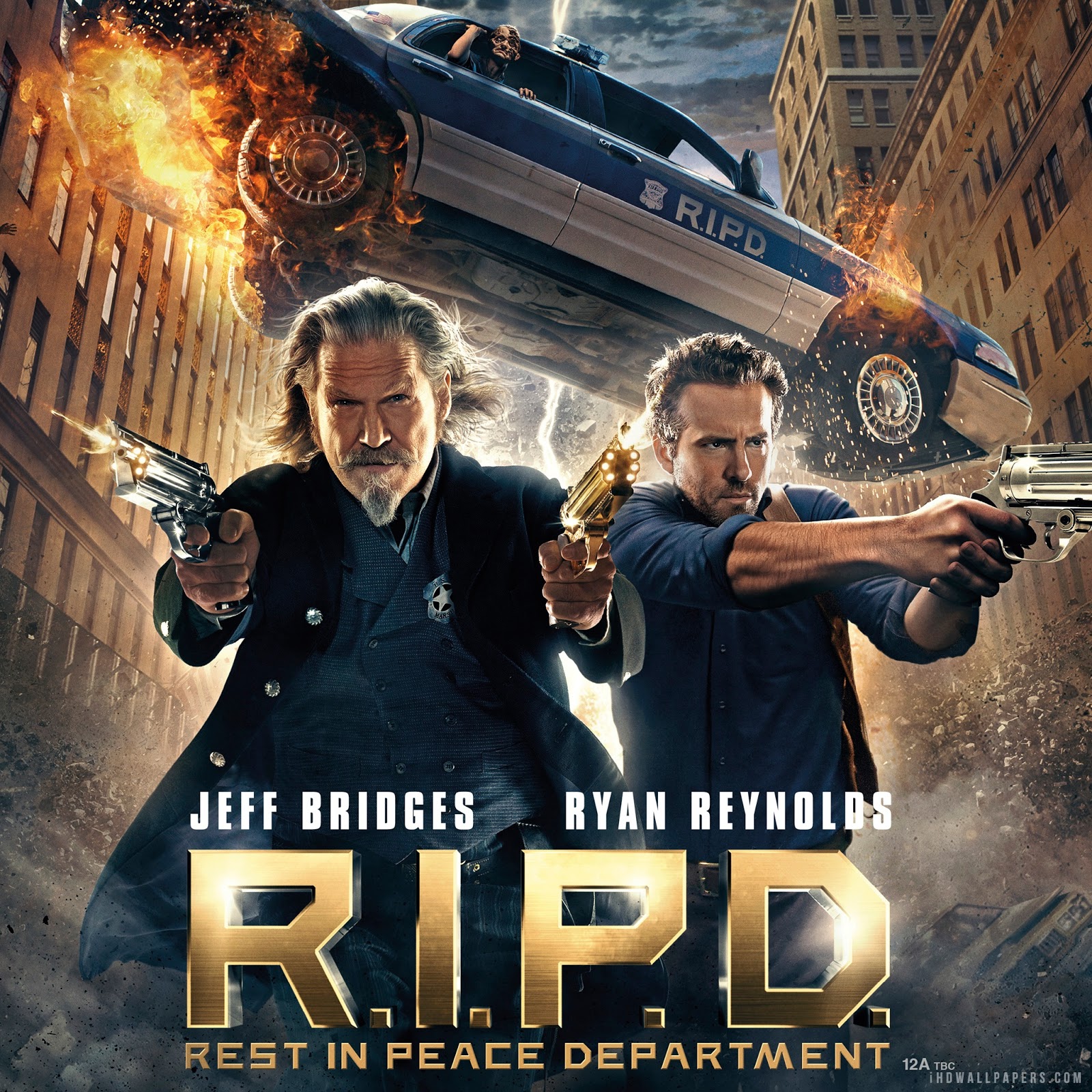Hollywood movies have always been at the forefront of global cinema, captivating audiences with their unique storytelling, stunning visuals, and star-studded casts. They have not only shaped the entertainment industry but have also influenced cultures worldwide. From blockbuster hits to indie gems, Hollywood continues to produce films that resonate with viewers on multiple levels.
As the heart of the film industry, Hollywood is synonymous with glamour and creativity. With its iconic studios, talented filmmakers, and a plethora of genres, it has become a hub for aspiring artists and storytellers. The impact of Hollywood movies extends beyond the screen, often reflecting societal issues, cultural shifts, and personal narratives that are deeply relatable.
In this article, we will explore various aspects of Hollywood movies, including their history, the evolution of genres, notable filmmakers, and the profound influence they have on audiences. Join us on this cinematic journey as we delve into the world of Hollywood and uncover what makes these films so special.
What Are the Origins of Hollywood Movies?
Hollywood's journey began in the early 1900s when filmmakers were searching for a location with favorable weather and diverse landscapes. This quest led them to Los Angeles, California, where they established the film industry. The name "Hollywood" itself is derived from a small settlement that was built around the film studios that sprang up in the area. The first movie studio, Nestor Studios, was established in 1911, marking the official beginning of Hollywood as the epicenter of filmmaking.
How Did Hollywood Movies Evolve Over the Years?
Over the decades, Hollywood movies have undergone significant transformations. The silent film era gave way to the "Golden Age of Hollywood," characterized by the emergence of sound and color in films. Iconic genres such as musicals, westerns, and film noir became prevalent during this time. The rise of television in the 1950s posed a challenge to the film industry, prompting Hollywood to innovate and diversify its offerings.
What Are the Key Genres in Hollywood Movies?
- Action: High-energy films filled with thrilling sequences and stunts.
- Drama: Emotionally charged stories that often explore complex characters and situations.
- Comedy: Light-hearted films designed to entertain and provoke laughter.
- Horror: Movies that evoke fear and excitement through suspenseful storytelling.
- Science Fiction: Imaginative tales that explore futuristic concepts and technology.
- Romance: Heartfelt stories centered around love and relationships.
Who Are Some Influential Filmmakers in Hollywood?
Hollywood has been home to numerous visionary filmmakers who have left an indelible mark on cinema. Directors like Alfred Hitchcock, Steven Spielberg, Martin Scorsese, and Quentin Tarantino have created iconic films that have become cultural touchstones. Each of these filmmakers has a unique style and approach to storytelling, contributing to the rich tapestry of Hollywood movies.
How Do Hollywood Movies Impact Society and Culture?
The influence of Hollywood movies extends far beyond entertainment. They often reflect societal values, challenge norms, and inspire change. Films like "To Kill a Mockingbird," "Schindler's List," and "12 Years a Slave" tackle complex social issues, prompting audiences to engage with important topics. Additionally, Hollywood movies can shape cultural trends, from fashion to language, and play a crucial role in shaping public perception.
What Are the Most Iconic Hollywood Movies of All Time?
Some films have achieved legendary status in Hollywood, becoming timeless classics that continue to be celebrated by audiences worldwide. Here are a few noteworthy mentions:
- Casablanca (1942): A romantic drama set during World War II, known for its memorable quotes and performances.
- The Godfather (1972): A crime saga that explores themes of power, family, and loyalty.
- Star Wars (1977): A groundbreaking space opera that revolutionized special effects and storytelling.
- Schindler's List (1993): A harrowing portrayal of the Holocaust that serves as a powerful reminder of humanity's capacity for both good and evil.
- Avatar (2009): A visually stunning film that pushed the boundaries of technology and storytelling.
How Do Hollywood Movies Shape the Future of Cinema?
The future of Hollywood movies is continually evolving, driven by advancements in technology and changing audience preferences. With the rise of streaming platforms and digital distribution, filmmakers are exploring new ways to reach audiences. Virtual reality, augmented reality, and interactive storytelling are becoming integral to the cinematic experience, promising exciting developments in the years to come.
What Can We Expect from Hollywood Movies in the Coming Years?
As we look to the future, Hollywood movies are set to embrace diversity, inclusivity, and innovation. Filmmakers are increasingly telling stories from underrepresented perspectives, highlighting voices that have long been marginalized. This shift towards inclusivity not only enriches the cinematic landscape but also fosters a greater understanding of different cultures and experiences.
Conclusion: The Enduring Magic of Hollywood Movies
Hollywood movies remain a powerful medium for storytelling, connecting audiences across the globe. With their rich history, diverse genres, and influential filmmakers, they continue to shape the cultural narrative and inspire future generations. As we celebrate the magic of Hollywood, we eagerly anticipate the stories yet to be told and the emotions yet to be felt on the silver screen.
Discovering The Fascinating Life Of Kim Junho
Unraveling The Life Of Ranjit Ghosh
Unraveling The Mystery: Desmond Watson's 40 Time


